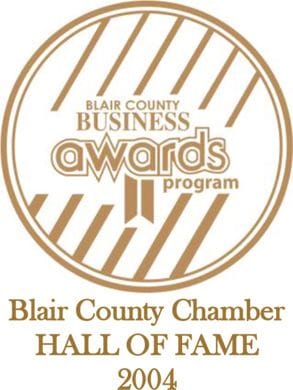When people in Pennsylvania think about planning for the future, they may wonder about how they can include their plans for charitable gifts into their broader estate plans. While many people want to focus on passing on their assets to their family, others want to place a strong focus on philanthropy. Even more want to combine both in one comprehensive estate plan. Continuing that giving after they pass away can be a key concern for people who have contributed to charities throughout their lifetime.
Charitable giving can provide benefits on many levels from tax incentives to personal fulfillment. Continuing a generational legacy of giving can also help make families come together around their philanthropic support. When planning to include this type of gift in a will or another estate document, it can be important to select a cause that is personally important or moving. In addition, a person can also identify the specific assets he or she would like to pass on. Charities can always accept cash gifts, but property, securities and even art can also be of great value. Donor-advised funds can provide guidance to smaller recipients who may be unsure how to handle these items.
How the gift is made can matter as well. Charitable gifts can be made directly in a will, but by creating a charitable remainder trust or charitable lead trust, people can make a philanthropic contribution and minimize estate taxes at the same time. These solutions can benefit a charity and other estate beneficiaries as well.
An estate planning attorney can work with people who want to include charitable giving as part of their plans for the future. A lawyer can provide advice on the legal and tax consequences of different types of gifts as well as draw up key documents, such as powers of attorney, wills and trusts.


